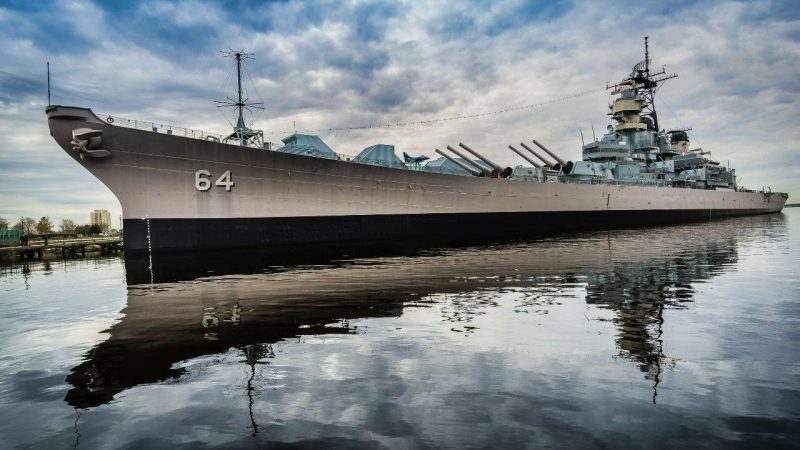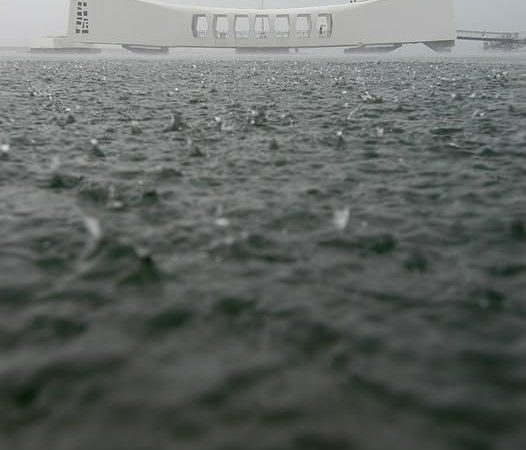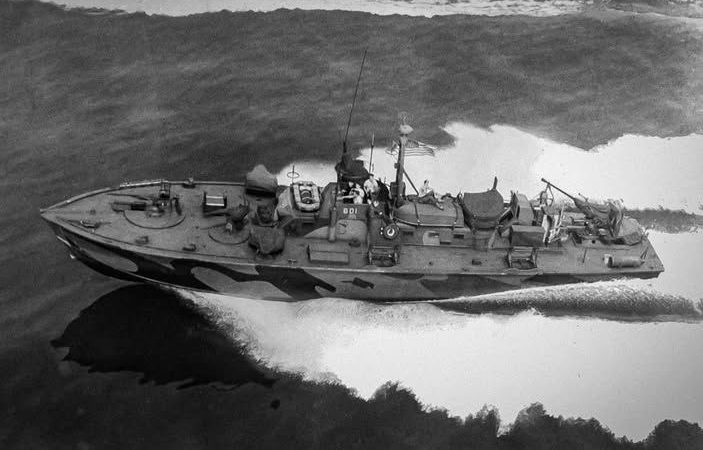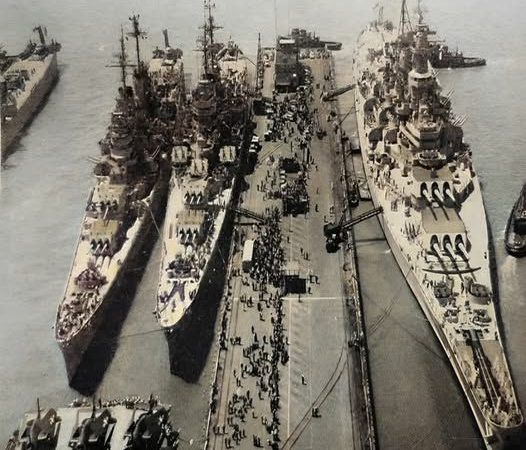Overview of HMS Cornwall (F99): The British Royal Navy Frigate
HMS Cornwall (F99) was a Type 22 Batch 3 frigate of the British Royal Navy, named after the county of Cornwall in the southwest of England. Launched in 1985 and commissioned in 1988, she served the Royal Navy with distinction until her decommissioning in 2011. Throughout her service, HMS Cornwall played a crucial role in various naval operations, demonstrating her capabilities in both peacetime missions and combat scenarios.
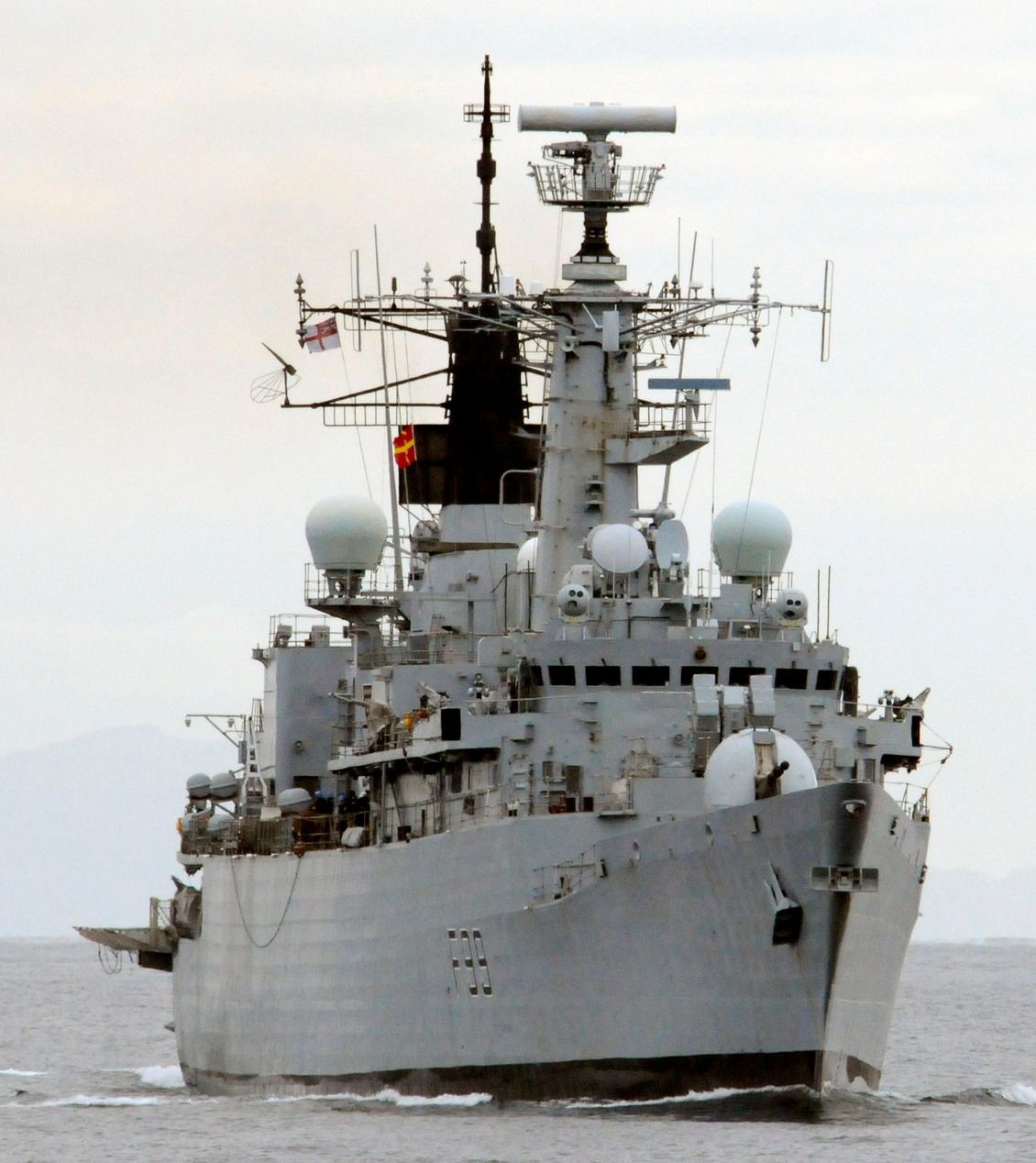
As a Type 22 frigate, HMS Cornwall was designed primarily for anti-submarine warfare (ASW). However, the Batch 3 variants, including Cornwall, were significantly upgraded to enhance their multi-role capabilities. This version was larger and better equipped compared to earlier models, with advanced weapons, sensors, and communication systems.
HMS Cornwall had a length of 148 meters, a beam of 14.8 meters, and a displacement of around 4,800 tons. She was powered by a combined diesel or gas (CODOG) propulsion system, which allowed her to reach speeds of over 30 knots. The frigate was equipped with various weapon systems, including anti-aircraft missiles, anti-ship missiles, torpedoes, and a helicopter deck that accommodated a Lynx or Merlin helicopter.
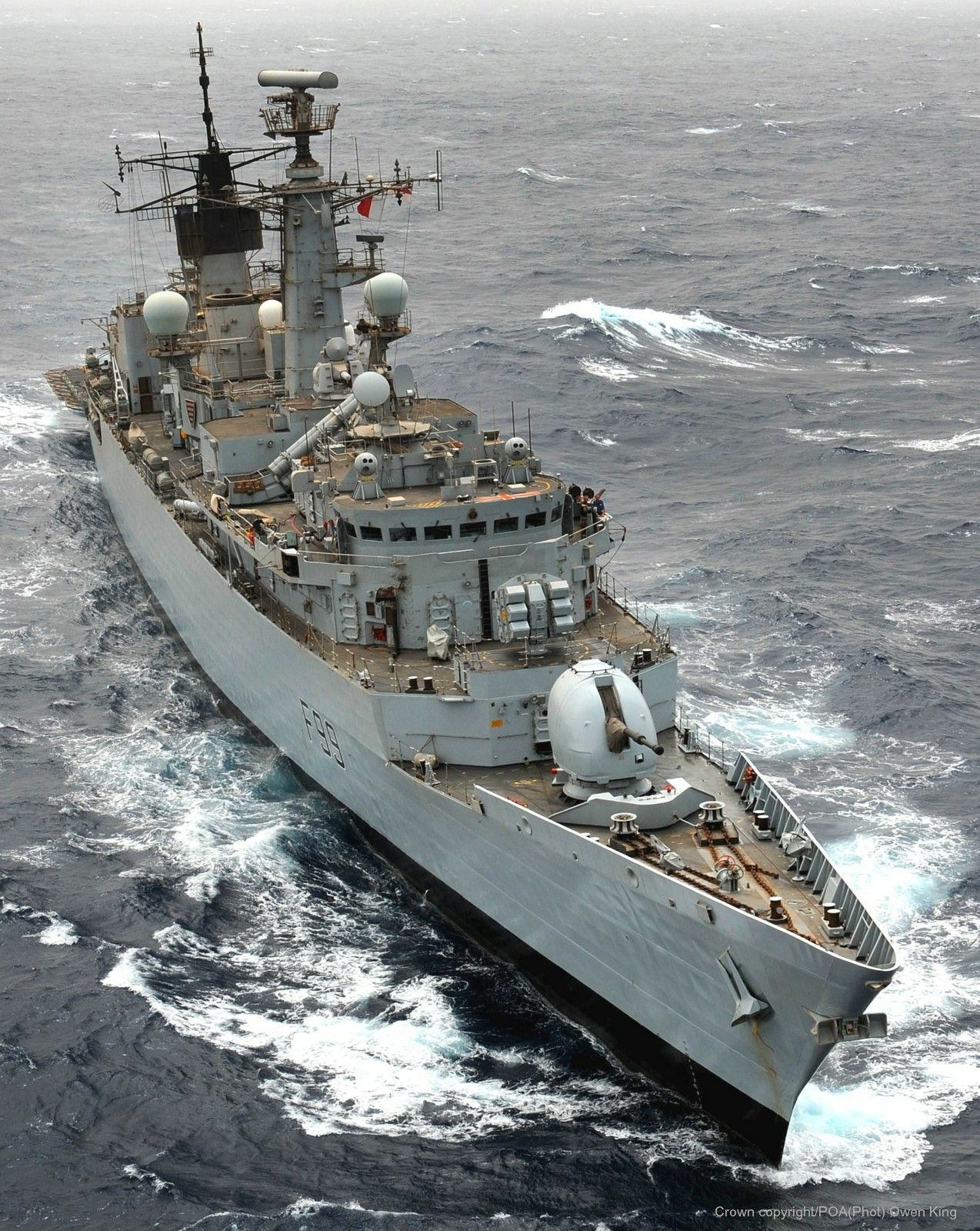
During her years of service, HMS Cornwall participated in several significant operations around the globe. She was involved in numerous NATO deployments, maritime security operations, and exercises with allied navies. One of her most notable missions was her participation in the Gulf War in the early 1990s, where she provided naval support and enforced sanctions against Iraq.
HMS Cornwall also played an essential role in counter-piracy operations off the coast of Somalia, safeguarding international shipping routes from pirate attacks. Her presence in these regions was vital in maintaining maritime security and supporting global trade.
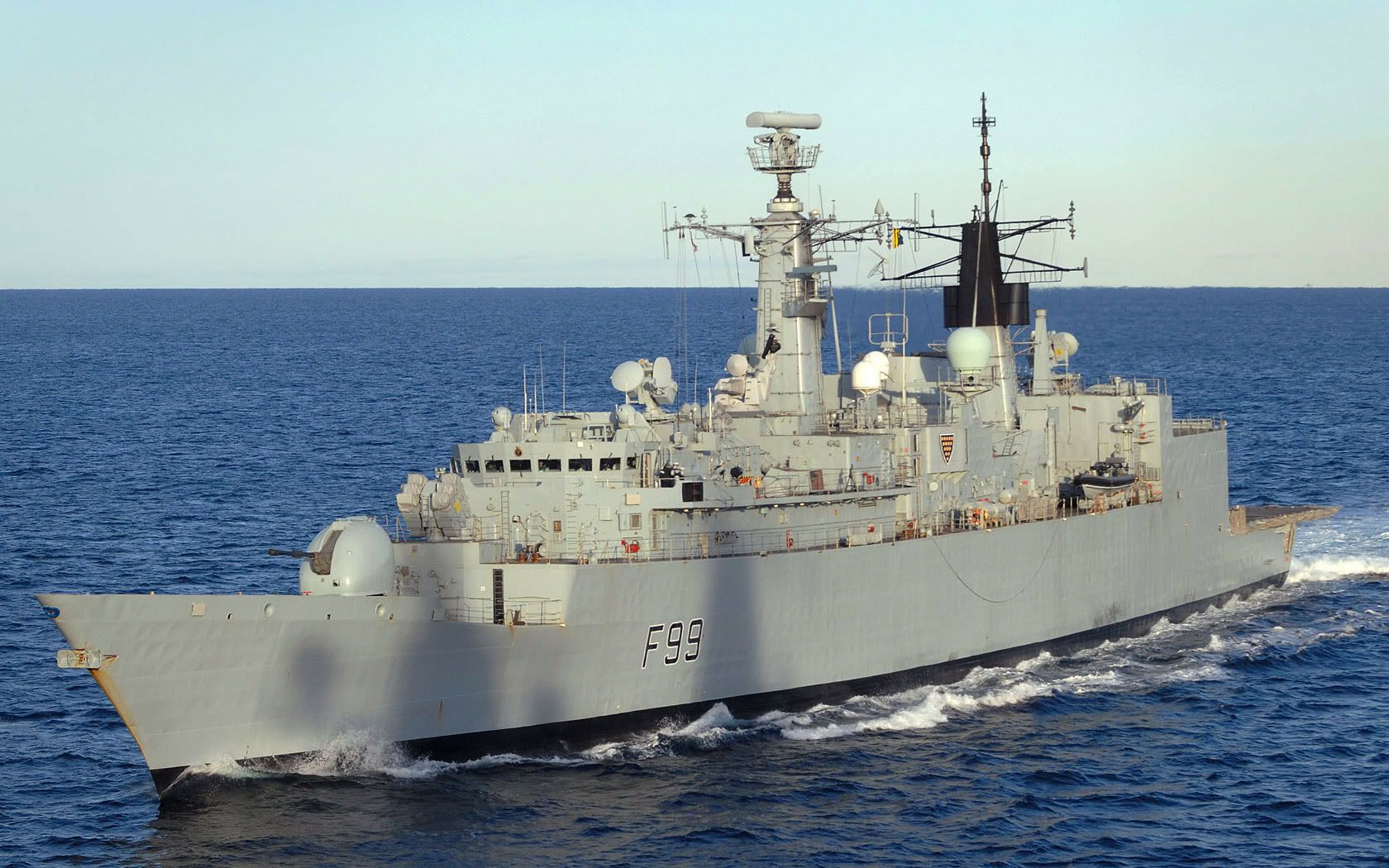
One of the most notable events in HMS Cornwall’s service history occurred in March 2007 when fifteen of her crew members were detained by Iranian forces in the Persian Gulf. The incident happened while the crew was conducting routine inspections in Iraqi waters. The personnel were held for two weeks before being released. This incident drew significant international attention and diplomatic tension, highlighting the challenges faced by naval forces in politically sensitive areas.
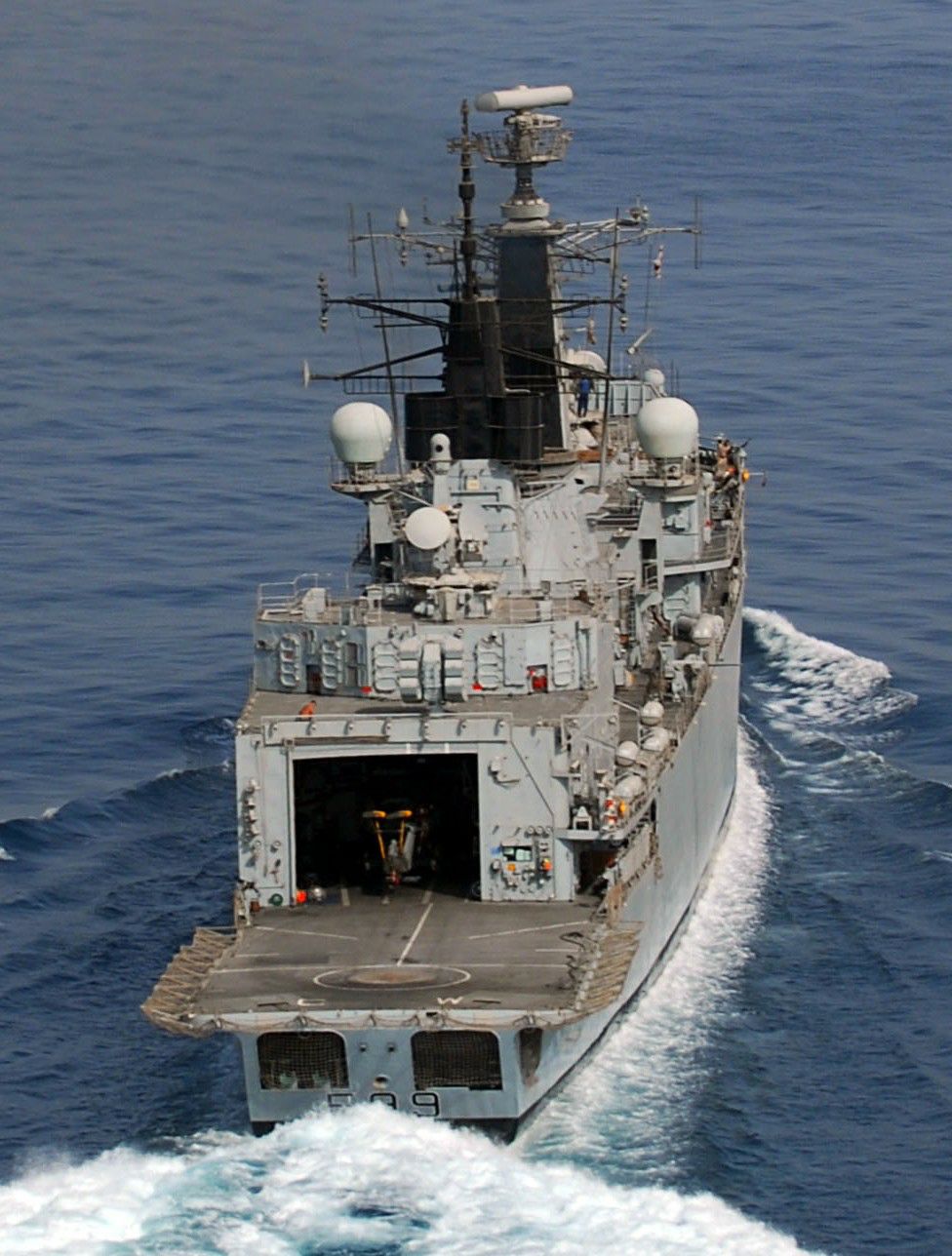
HMS Cornwall was decommissioned in 2011 as part of the Royal Navy’s restructuring and modernization plans. Her retirement marked the end of an era for the Type 22 frigates, as newer, more advanced ships began to replace them in the fleet. Despite her decommissioning, HMS Cornwall’s legacy lives on as a symbol of the Royal Navy’s adaptability and commitment to maintaining global maritime security.
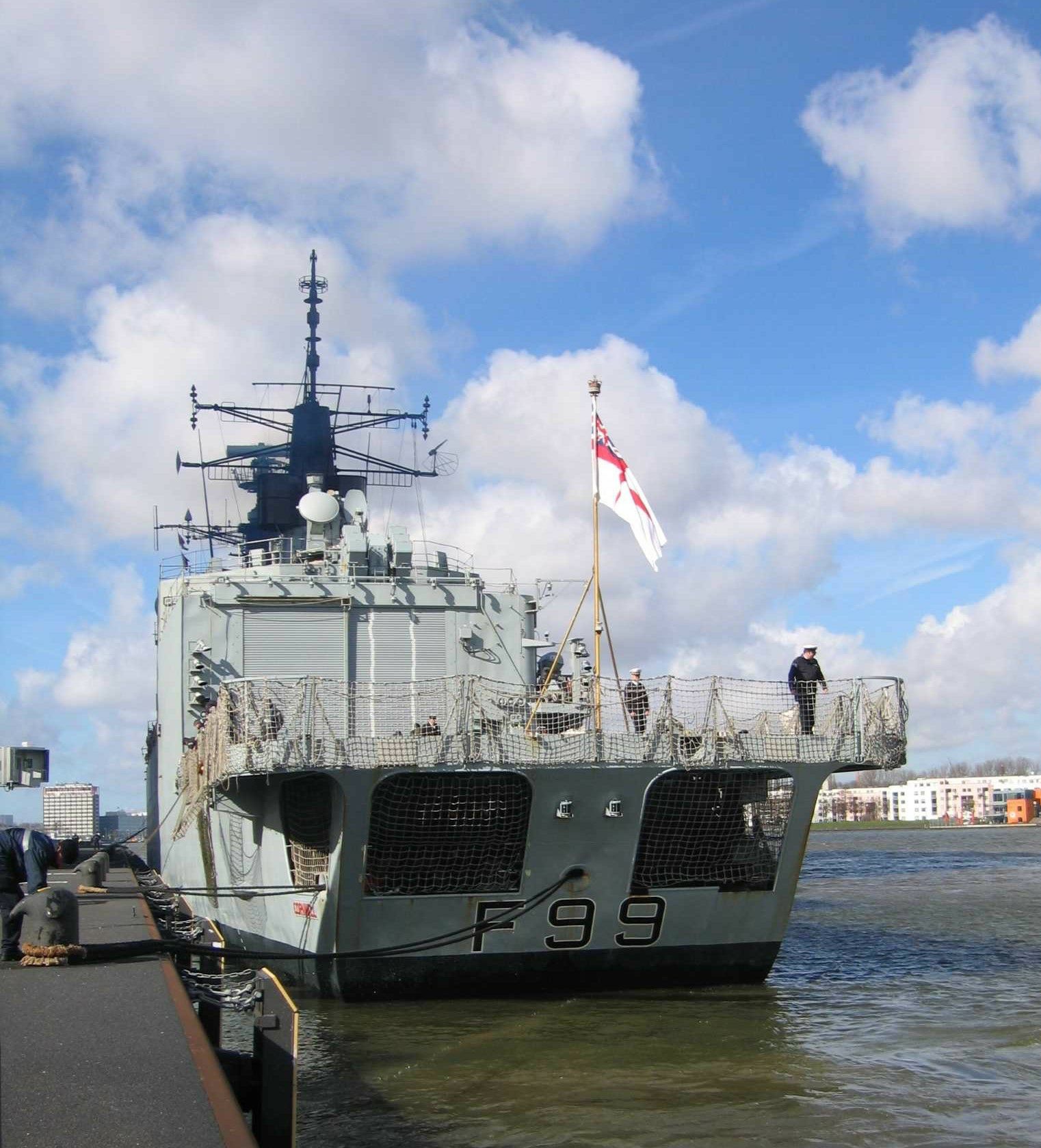
HMS Cornwall (F99) served as a versatile and reliable frigate during her years with the Royal Navy. Her participation in various operations worldwide demonstrated her effectiveness in both combat and peacekeeping roles. As a part of the Type 22 Batch 3 class, HMS Cornwall was a testament to the technological advancements and strategic capabilities of the British Royal Navy during her time in service.
